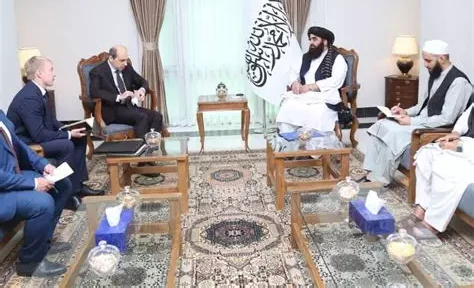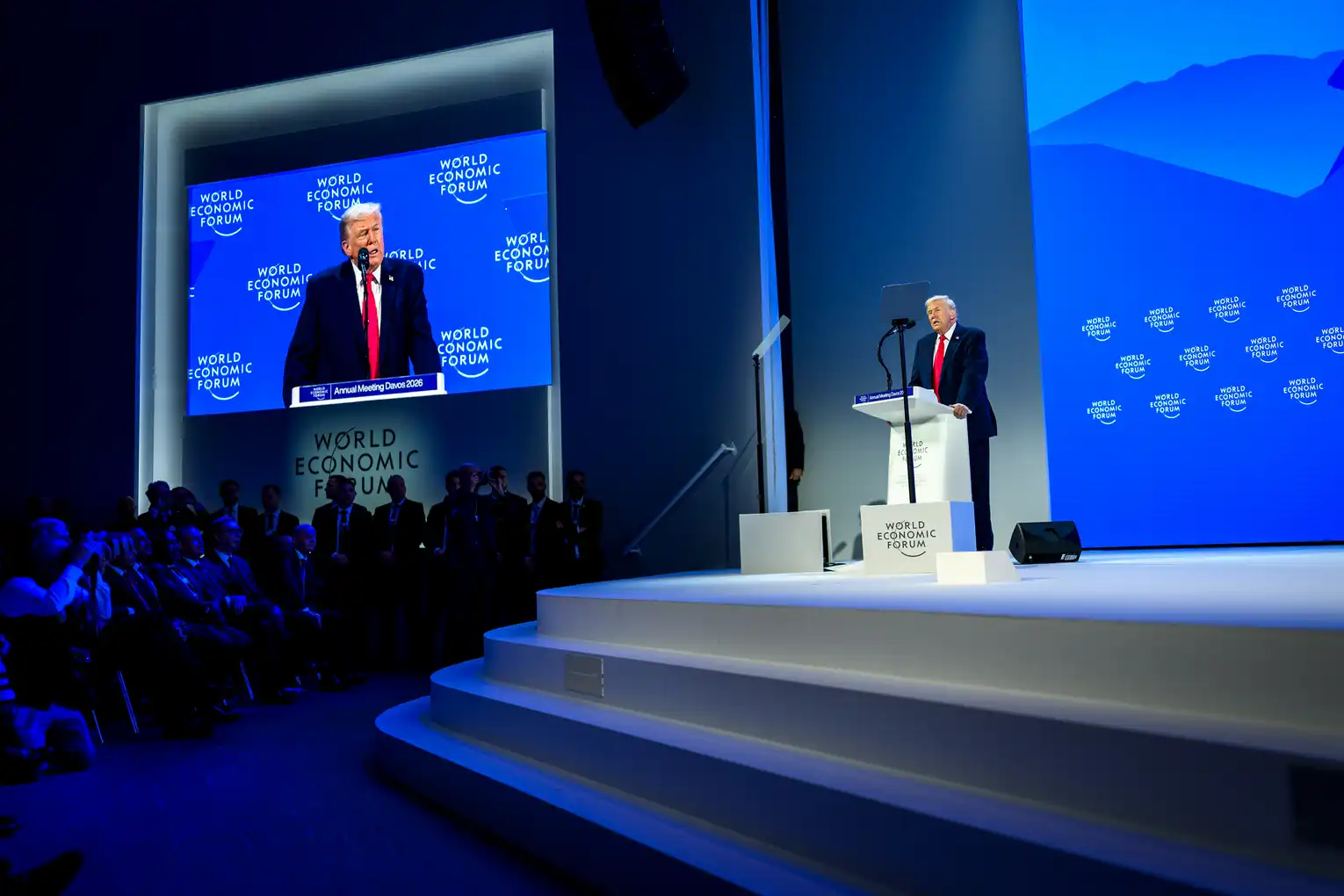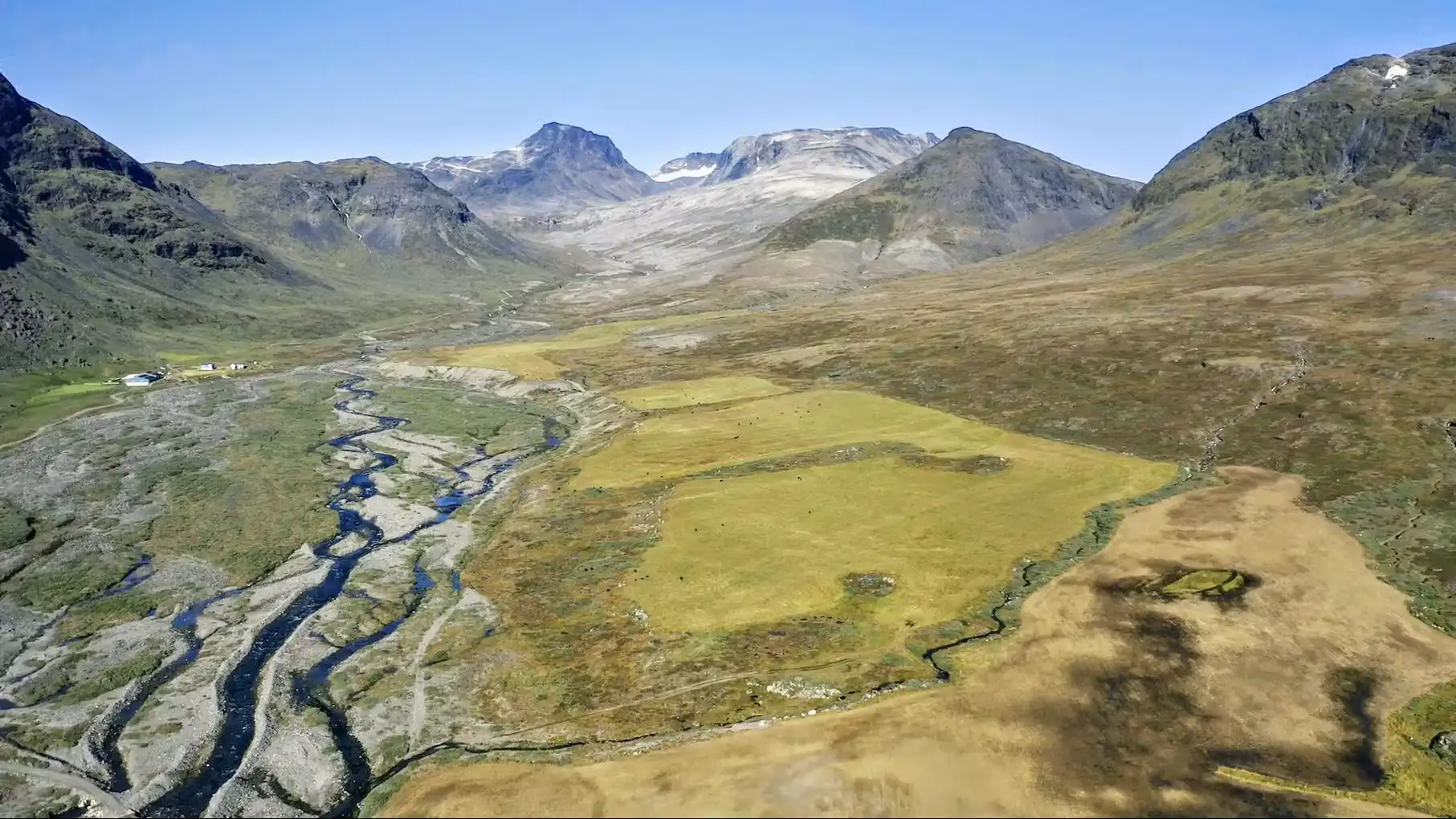Afghan diplomats are occupying consulate buildings in Geneva and Berlin as Western Europe attempts to implement a policy of mass deportations of Afghans, with the help of the Taliban, all while refusing to recognize the regime as a legitimate ruler in the country.
While the Taliban’s Islamic Emirate has been growing in international presence, the West has largely been reluctant to recognize the group’s ultimate control in the country, but now need their assistance in deporting tens of thousands of Afghan criminals and asylum seekers back to South Asia following a long, slow, political reorganization in Europe.
In July, Germany became the first in Europe to welcome Afghan diplomats back to the embassy in Berlin on a de facto basis, though Chancellor Merz stated unequivocally that his center-left coalition had no plans to engage with the Taliban beyond the business of deportations.
“Diplomatic recognition of the Taliban regime is not up for discussion. That is simply out of the question,” he said in a press conference in mid-July. It’s intended that some 11,000 Afghanis out of a migrant diaspora of over 300,000 will be deported over the coming months.
The first deportation flight departed Leipzig on July 18th with 81 Afghans aboard. German Interior Minister Alexander Dobrindt referenced at the time that it was part of a “repatriation offensive” to convince other European nations to increase deportations to home nations over the next few years.
Now, 4 Taliban diplomats have arrived in Geneva for what is likely the same purpose.
“The state migration authority wants to deport convicted Afghan criminals. To achieve this, four Taliban officials visited Geneva a few days ago. The state authority describes this as a delicate balancing act,” wrote Swiss media, according to an official from the country’s migration authority, who described relations between the two states as “complicated”.

When will the sea change
The Taliban took control of Kabul after a lightening offensive across Afghan cities 4 years ago this month. Since then, very few governments “officially” recognize them as the legitimate government, but looking at the comportment of the war-ravaged country’s neighbors, it’s clear that at least in Asia it’s a mere formality.
Last year Afghanistan’s diplomatic missions in China, the United Arab Emirates, Uzbekistan, Turkey, Russia, and Pakistan were upgraded to the level of ambassadors, and diplomats were also appointed to Norway, India, and Indonesia.
In July, shortly before the Taliban envoys settled in Berlin, Russia officially recognized the Islamic Emirate as the government of Afghanistan.
The US, which maintains extensive economic sanctions on the Islamist government, recently replaced their acting-representative to the Taliban, stationed in Qatar. Karen Decker was appointed by Joe Biden, and maintained channels with Kabul over matters such as “migration, women’s rights, humanitarian assistance, and cautious engagement,” Tolo News reports.
It’s fair to characterize President Trump as going out of his way to conclude the 20-year war in Afghanistan during his first term. It was unpopular from both sides of the aisle, but was supported by public opinion polling at the time.
With a second Trump Administration in position to appoint a new chargé d’affaires, the State Department and White House will be able to implement their Afghan policy, one which has yet to be fully elaborated.
The Taliban have had more than 20 years of experience operating under economic sanction, and will be able to continue for 20 more. It gives them the policy flexibility to develop other international relations, such as with neighbors Uzbekistan, Iran, Pakistan, and further afield to China, India, and Russia.
Despite limited desire for serious engagement by Germany and Switzerland, Afghan analysts believe their diplomats will be busy with far more than just aiding with deportations.
WaL reached out to the foreign ministry in Kabul for comment on the notion. A spokesperson replied that in addition to the initiation of consular services for Afghans residing in Switzerland, the diplomats “also discussed various political issues”.
“It has been agreed that this process of dialogue will continue in order to ensure transparent and standardized consular services for Afghan citizens living in Switzerland,” the spokesperson added.
The people of Afghanistan rank as a result of these sanctions among the poorest in the world. Food insecurity and inadequate access to medical services are widespread among rural areas. Germany is the world’s second-largest development and humanitarian aid donor, with €35 billion being spent in 2022 when the humanitarian situation in Afghanistan was even more dire than it is today.
Yet Germany’s interest in Afghanistan only extends as far as what the European state can gain for itself, with German officials stating that any recognition would have to come with a change in human rights conditions in the country.
Their position was established by the US under the Biden Administration and adopted widely across the West: that social issues took ultimate precedence over all other concerns, even up to and exceeding localized famines. WaL
We Humbly Ask For Your Support—Follow the link here to see all the ways, monetary and non-monetary.
PICTURED ABOVE: Taliban foreign service members at the country’s embassy in Moscow. PC: Official website of the Afghan Forerign Ministry



